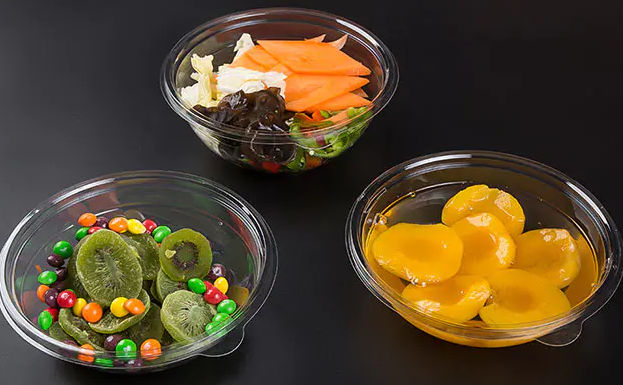Across the food service industry, the push for environmentally responsible packaging is reshaping how meals are served. PLA compostable salad bowls offer one approach to this shift. Produced from renewable plant materials, these containers provide a functional and eco-conscious solution for packaging cold meals.
Unlike traditional plastic bowls, PLA containers are designed to be composted in controlled environments. When properly processed, they can turn into nutrient-rich compost, reducing the burden on landfills. This aligns well with circular economy principles, where products are designed with their full life cycle in mind.
The visual and practical appeal of PLA bowls adds to their utility. Clear and sturdy, they allow the food inside to remain visible and appetizing while being more responsible in terms of material sourcing. These qualities make them a favored option for salad bars, cafes, and delivery services offering cold menu items.
However, understanding the limitations of PLA is important. These bowls are not microwave-safe and are unsuitable for hot soups or entrees. Additionally, access to commercial composting remains uneven, which can limit their environmental benefits if local systems do not support them.
Despite these challenges, PLA compostable salad bowls play a constructive role in efforts to reduce plastic dependency. They serve as a transitional step toward more sustainable practices, especially in urban areas where composting infrastructure is expanding. For consumers and businesses alike, choosing such materials reflects a shared commitment to reducing environmental harm without compromising on convenience.
As the conversation around waste management continues, products like these become key examples of how packaging can evolve. They may not solve all ecological concerns, but they represent progress in how materials are chosen, used, and ultimately returned to the earth.
